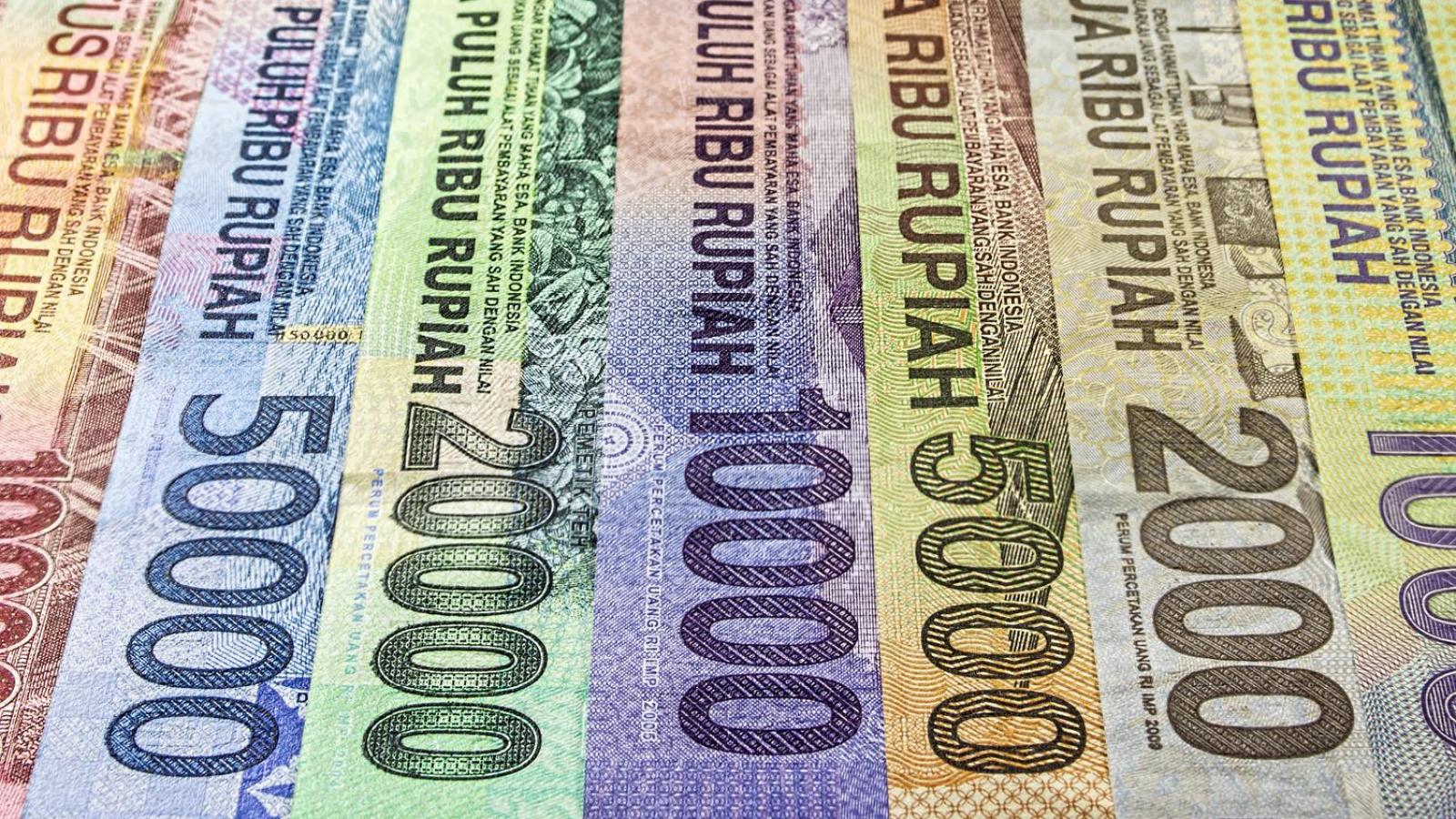Mandatory one-year parking of export earnings to boost rupiah prospect

JAKARTA – The Indonesian government’s decision to require 100% of foreign exchange gains from exports (DHE) of natural resources (SDA) to be parked within the country for one year is expected to be a positive catalyst that will back rupiah’s trend against US dollar.
Liza Camelia Suryanata, Head of Research of NH Korindo Sekuritas Indonesia, said that the same strategy was once implemented in Thailand. When Indonesia mandated natural resources’ exporters to retain 30% of their export earnings in the country for 3 months, Thailand did the same strategy with higher mandated portion and parking period of one year.
“Said policy is believed to have contributed to make Thai Baht one of the strongest currencies in ASEAN,” added Suryanata, when contacted by IDNFinancials, Thursday (23/1).
However, Suryanata added, the implementation of this new policy is just one of many strategies to stabilise rupiah. Global sentiment was still volatile, particularly after the inauguration of Donald Trump as the 47th President of the Unites States.
On the other hand, the Indonesian government still needs to ensure disciplined implementation of export earnings policy. “While also considering the aspects of mutual benefit, both for exporters and the banks,” added Suryanata.
So far, the Indonesian government has prepared several incentives to support implementation of the new export proceeds policy. For example, 0% tax incentive on interest income from parked earnings, or attractive deposit yield of 4.4%.
Not only that, businessmen and exporters may utilise their deposit as credit collateral to maintain their cashflows. Coordinating Minister of Economic Affairs, Airlangga Hartarto, also mentioned support for banks regarding cash collateral arrangements in order to reinforce this incentive.
“Cash collateral will not be considered as part of the Maximum Credit Provision Limit (BMPK) and will not affect the gearing ratio,” said Hartarto after a press conference regarding export earnings policy, last Tuesday (21/1).
For the record, this new policy is expected to take effect starting from March 1, 2025. (KR/ZH)